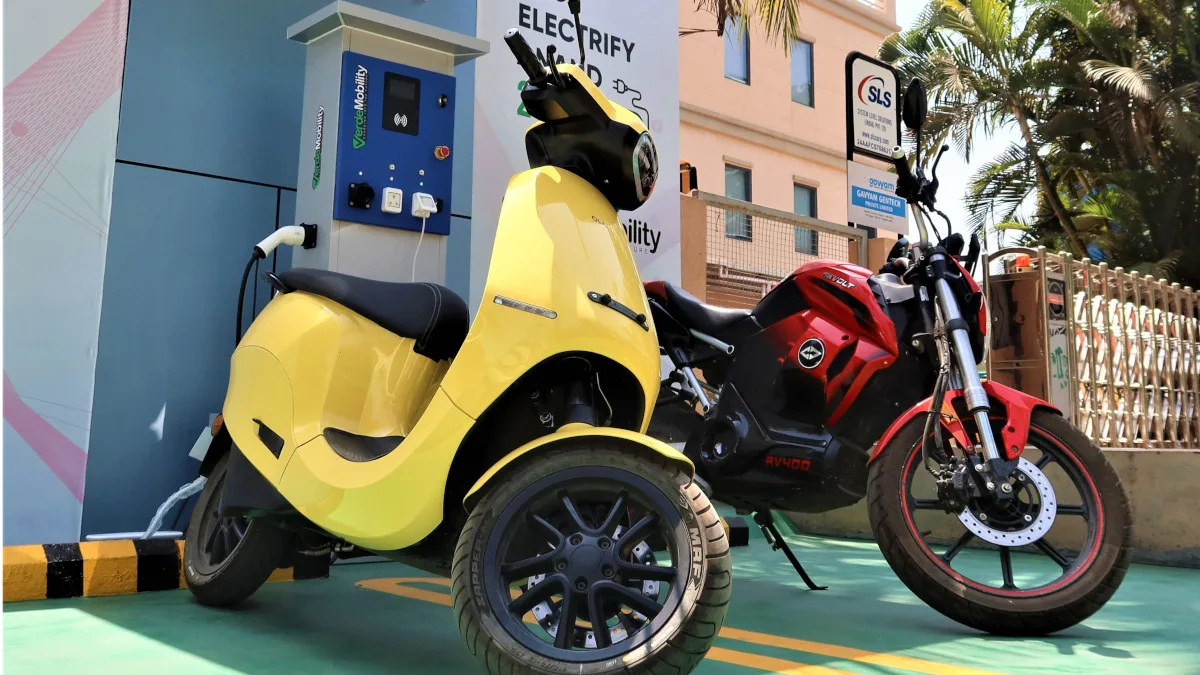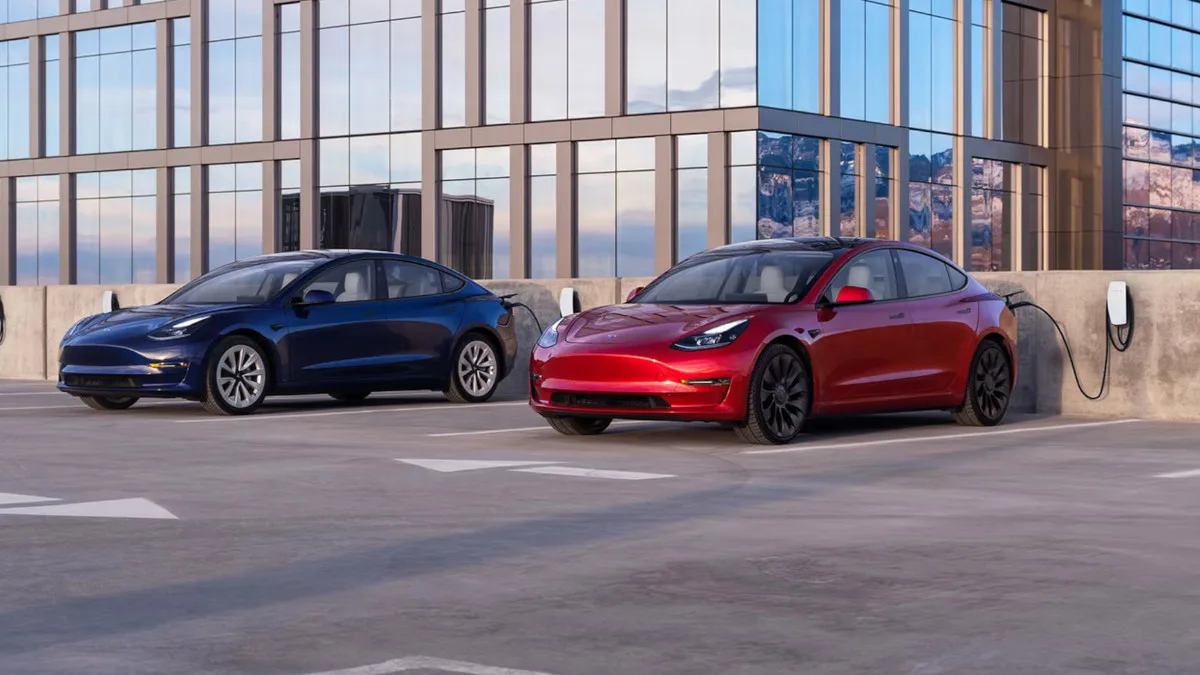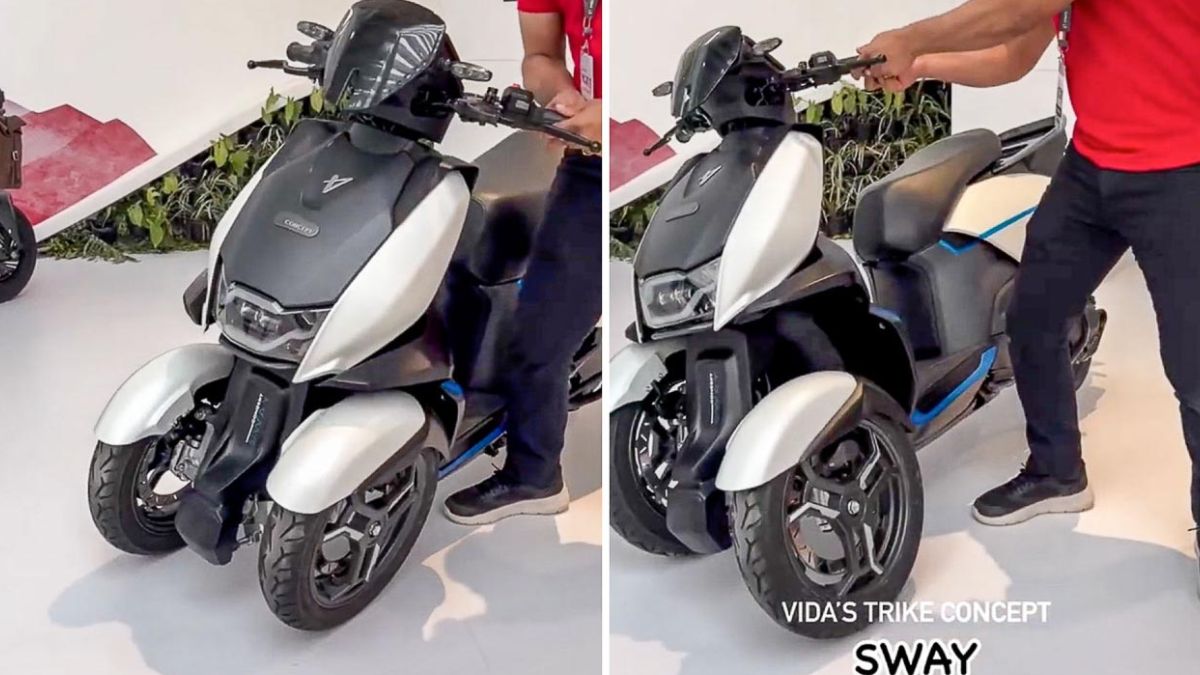The surge in electric vehicles (EVs) in India has led to a growing need for clear and comprehensive RTO rules and regulations. This article delves into the essential guidelines for electric bikes and scooters, ensuring you stay compliant and safe on the road.
Understanding the Basics
Electric bikes and scooters have gained immense popularity due to their eco-friendly nature and cost-effectiveness. However, like any other vehicle, they must adhere to specific RTO regulations to ensure road safety and environmental protection. These regulations cover various aspects, including registration, licensing, insurance, and safety standards.
Key RTO Rules for Electric Bikes & Scooters
- Driving License: While electric bikes with a power output of less than 250W and a maximum speed of 25 kmph do not require a license, those exceeding these limits mandate a valid driving license. The age criteria for driving an electric two-wheeler is 18 years, similar to conventional motorcycles.
- Registration: Electric scooters and bikes must be registered with the Regional Transport Office (RTO). The process involves submitting necessary documents, including proof of purchase, identity proof, and address proof. A unique registration number and a green number plate will be issued.
- Insurance: Comprehensive insurance is mandatory for all electric two-wheelers. It covers damages to the vehicle, third-party liabilities, and personal injuries.
- Helmet: Wearing a helmet is compulsory for both the rider and pillion rider, irrespective of the electric vehicle’s speed.
- Safety Standards: Electric vehicles must adhere to safety standards set by the Automotive Research Association of India (ARAI). This includes battery safety, braking systems, and overall vehicle construction.
- Road Tax: Like conventional vehicles, electric bikes and scooters are subject to road tax, which varies from state to state.
- Speed Limits: Adhering to speed limits is crucial for road safety. Over speeding can lead to penalties and accidents.
- Number Plate: Electric vehicles must display a green number plate, distinct from the black and yellow plates used for conventional vehicles.
Additional Considerations
- Charging Infrastructure: While the government is promoting the development of charging infrastructure, it’s essential to be aware of charging point availability in your area.
- Battery Disposal: Proper disposal of electric vehicle batteries is crucial to protect the environment. Follow guidelines provided by the manufacturer or local authorities.
- Local Regulations: Apart from national regulations, some states may have specific rules for electric vehicles. It’s essential to check local RTO guidelines.
Penalties for Violations
Violating RTO rules for electric bikes and scooters can lead to penalties, including fines and seizure of the vehicle. To avoid such consequences, it’s crucial to comply with all regulations.
Conclusion
Staying informed about RTO rules for electric bikes and scooters is vital for every EV owner. By understanding and complying with these regulations, you contribute to road safety, environmental protection, and a smooth riding experience. Remember to prioritize safety, follow traffic rules, and enjoy the benefits of sustainable transportation.
Discover more from Wheels Craze - Automotive News, EV News, Car News, Bike News
Subscribe to get the latest posts sent to your email.





